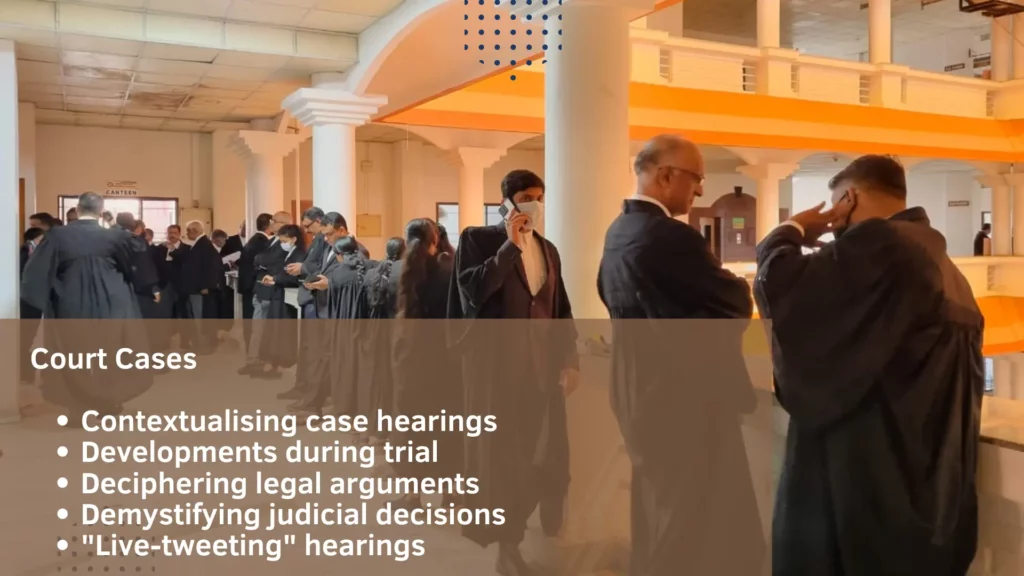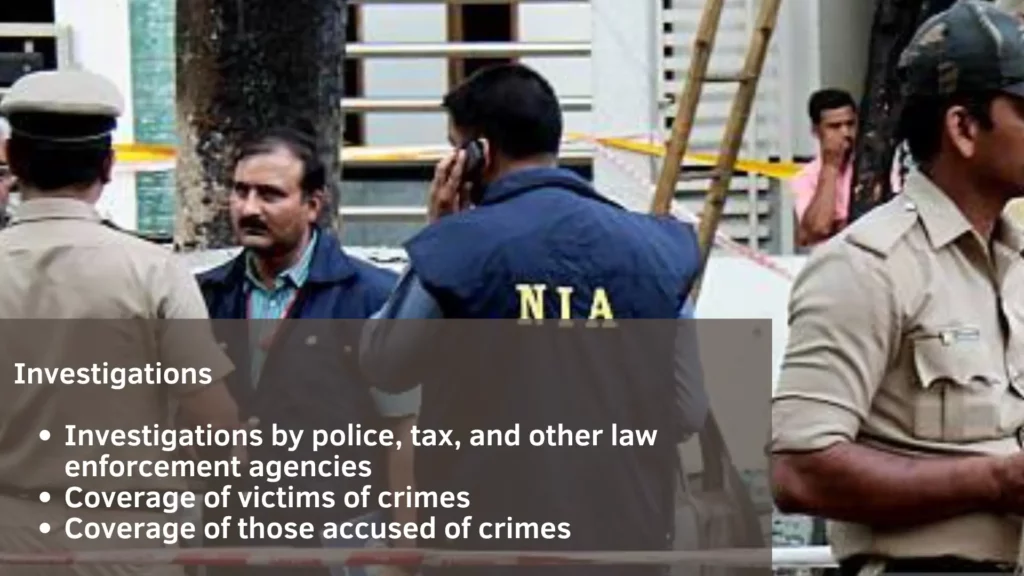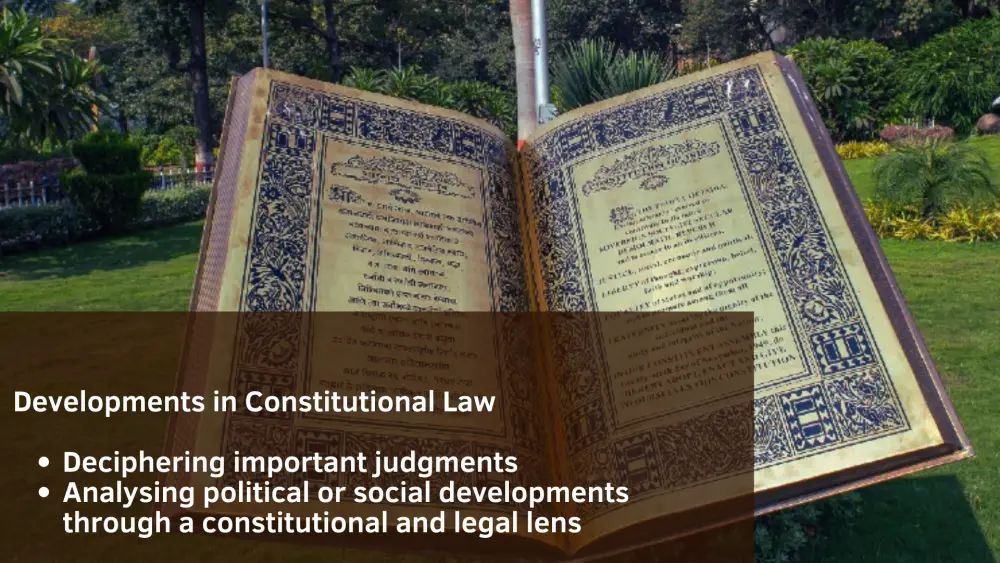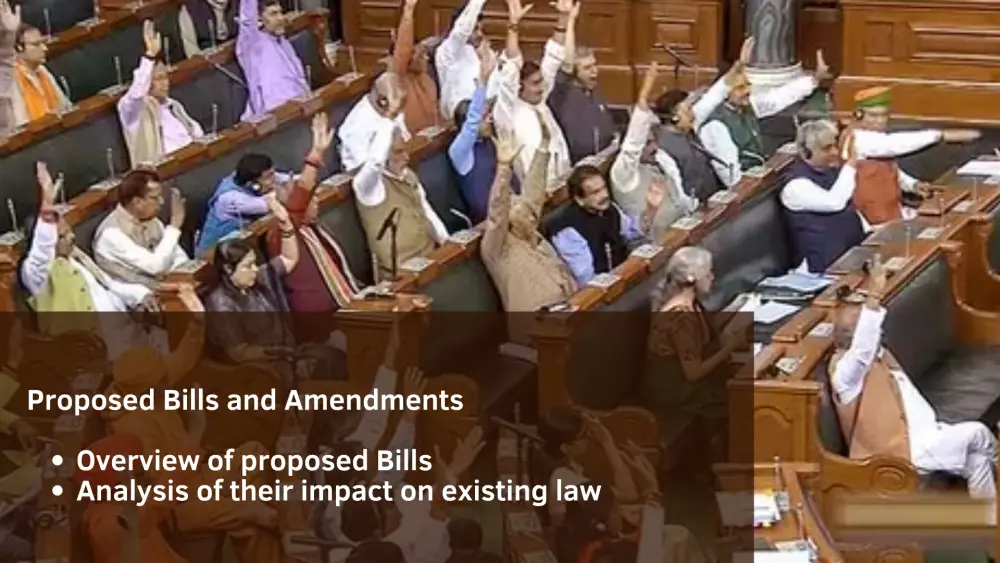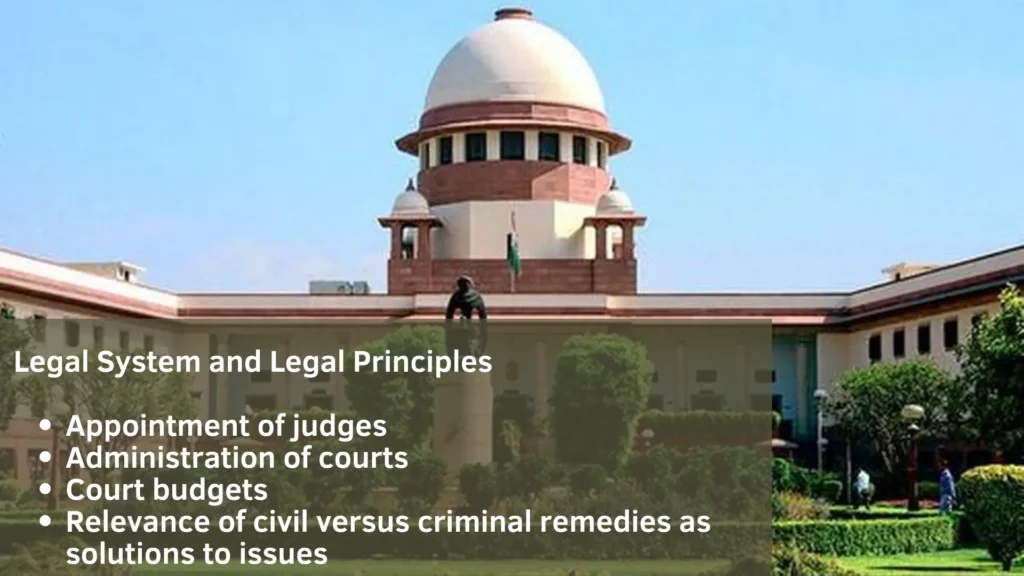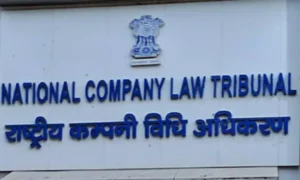

Legal Reporting Education
What is Legal Journalism?
Legal journalism is specialised reporting on legal issues and events. It is typically associated with court reporting and crime reporting, common “beats” for most media outlets. However, legal journalism covers a wide variety of subjects
Examples
- List 1
- List 1
- List 1
Examples
- List 1
- List 1
- List 1
Examples
- List 1
- List 1
- List 1
Examples
- List 1
- List 1
- List 1
Examples
- List 1
- List 1
- List 1
Examples
- List 1
- List 1
- List 1
Why is Legal Journalism Important?
The role of legal journalism in maintaining the health of a democracy cannot be overstated. Legal reporters demystify important legal matters for the public and help them understand the laws they are subject to. This helps to promote transparency and educates citizens about their legal rights and responsibilities. It helps citizens participate effectively in the legal system and makes the formal justice system work.

What does it take to be a legal journalist?
The media’s immense power to shape narratives regarding public conceptions of justice makes it a close associate of the justice system. The media must respect the legitimate limitations on law enforcement agencies regarding the information they can share in ongoing investigations. It is also important to present courtroom events within their proper context so that the sanctity of the adjudication process is maintained.

Career prospects for young legal journalists
Legal journalists work for a variety of media outlets, including newspapers, television stations, and online publications, some of which like LiveLaw and Bar&Bench are dedicated to legal reporting. Success in this field requires a unique combination of legal knowledge, research skills, and communication abilities. It is a challenging and rewarding career for those who are passionate about the law and the media.
Legal journalism involves a thorough understanding of the law, court procedures, and legal principles such as the burden of proof, due process, equal protection, and the presumption of innocence. This forms a firm basis for political and economic reporting as well. Legal reporting can take the form of daily reporting as well as long-form analytical journalism and investigative journalism.
Contact Us
If you would like us to conduct a session or workshop on legal journalism, please get in touch with us at – info@dakshindia.org

Leah Verghese
Research Manager
Leah is a lawyer and social scientist with wide-ranging work experience in corporations, nonprofits and political campaigns across India. She is a graduate of Columbia University and National Law School of India University.

Anindita Pattanayak
Senior Research Fellow
Anindita is a lawyer with a B.A.LLB (hons) degree from National Law School of India University with work experience in corporate and technology law. Her areas of interest include constitutional law, gender justice and judicial reforms.

Sandhya PR
Senior Research Fellow
Sandhya PR is a graduate of ILS Law College and University College London. Her areas of interest include civil justice and judicial reforms. She is currently a Senior Research Fellow at DAKSH.

Surya Prakash B S
Fellow and Programme Director
Surya Prakash B S is a chartered accountant and a law graduate with more than 14 years of corporate experience. He has been with DAKSH since December 2015
RECENT ARTICLES


The Karnataka Conduct Of The Government Litigation Act, 2023

State Litigation Policies in India: Challenges and Trends

Experience as a Student Research Associate- Definitions Project

-
Rule of Law ProjectRule of Law Project
-
Access to Justice SurveyAccess to Justice Survey
-
BlogBlog
-
Contact UsContact Us
-
Statistics and ReportsStatistics and Reports
© 2021 DAKSH India. All rights reserved
Powered by Oy Media Solutions
Designed by GGWP Design
